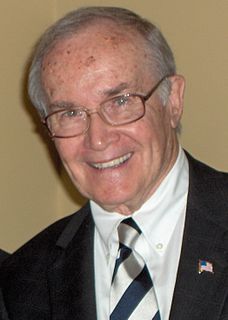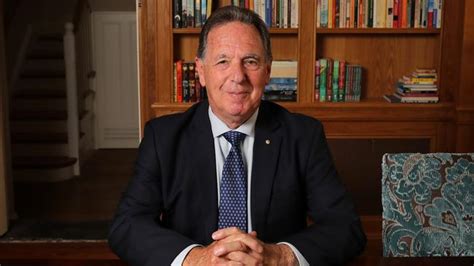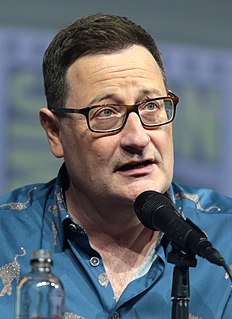A Quote by Newton N. Minow
What do we mean by the public interest? Some say the public interest is merely what interests the public. I disagree.
Related Quotes
Since there is no such entity as 'the public,' since the public is merely a number of individuals, the idea that 'the public interest' supersedes private interests and rights can have but one meaning: that the interests and rights of some individuals take precedence over the interests and rights of others.
The trouble is that privacy is at once essential to, and in tension with, both freedom and security. A cabinet minister who keeps his mistress in satin sheets at the French taxpayer's expense cannot justly object when the press exposes his misuse of public funds. Our freedom to scrutinise the conduct of public figures trumps that minister's claim to privacy. The question is: where and how do we draw the line between a genuine public interest and that which is merely what interests the public?
Now listen to the first three aims of the corporatist movement in Germany, Italy and France during the 1920s. These were developed by the people who went on to become part of the Fascist experience: (1) shift power directly to economic and social interest groups; (2) push entrepreneurial initiative in areas normally reserved for public bodies; (3) obliterate the boundaries between public and private interest -- that is, challenge the idea of the public interest. This sounds like the official program of most contemporary Western governments.
... between government, business, and the public, there is a triangular community of interest. Clearly, it is in business' interest to shape its behavior to prevailing public values; it is more efficient to do so than not to do so. It is also clear that government is the high-cost alternative through which public values are imposed on corporations that do not accurately perceive these values.
Public virtue cannot exist in a nation without private, and public virtue is the only foundation of republics. There must be a positive passion for the public good, the public interest, honour, power and glory, established in the minds of the people, or there can be no republican government, nor any real liberty: and this public passion must be superiour to all private passions.
The Open Market Committee, as presently established, is plainly not in the public interest. This committee must be operated by purely public servants, representatives of the people as a whole and not any single interest group. The Open Market Committee should be abolished, and its powers transferred to the Federal Reserve Board - the present public members of the committee, with reasonably short terms of office.
My heart breaks living in southern Utah on the edge of America's Redrock Wilderness, witnessing what the Bush Administration's policies regarding oil and gas exploitation are doing to our public lands that belong to all Americans. Their policy is not about the public or the public's best interest. It is about the oil and gas corporations' best interests. The Secretary of the Interior is urging the Bureau of Land Management to support the gas and oil industry's most extreme drilling scenario in some of the American West's most pristine and fragile areas without proper legal and public input.
To attach full confidence to an institution of this nature, it appears to be an essential ingredient in its structure, that it shall be under private and not a public direction-under the guidance of individual interest, not of public policy; which, would be . . . liable to being too much influenced by public necessity.
The interest of [businessmen] is always in some respects different from, and even opposite to, that of the public ... The proposal of any new law or regulation of commerce which comes from this order ... ought never to be adopted, till after having been long and carefully examined ... with the most suspicious attention. It comes from an order of men ... who have generally an interest to deceive and even oppress the public.
































